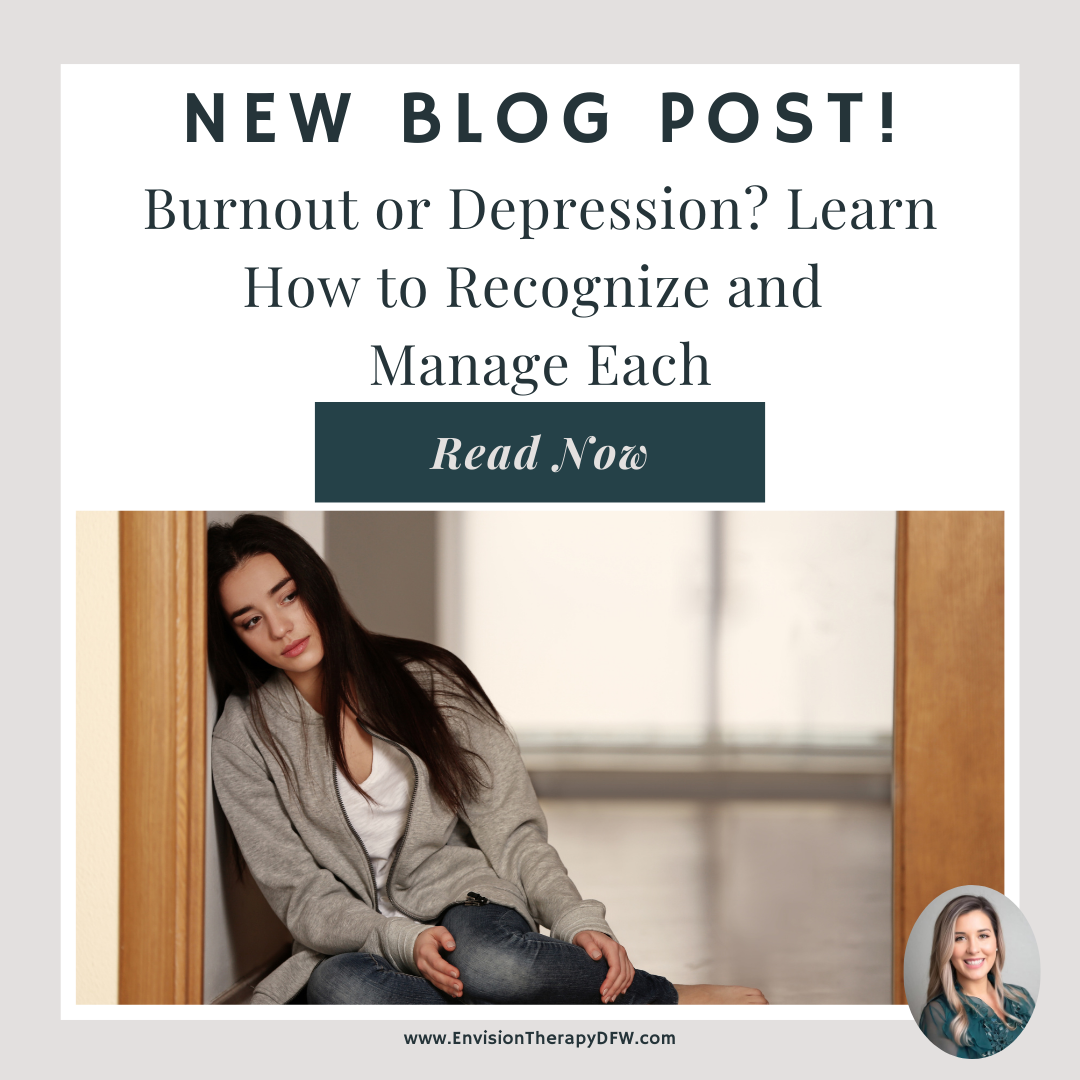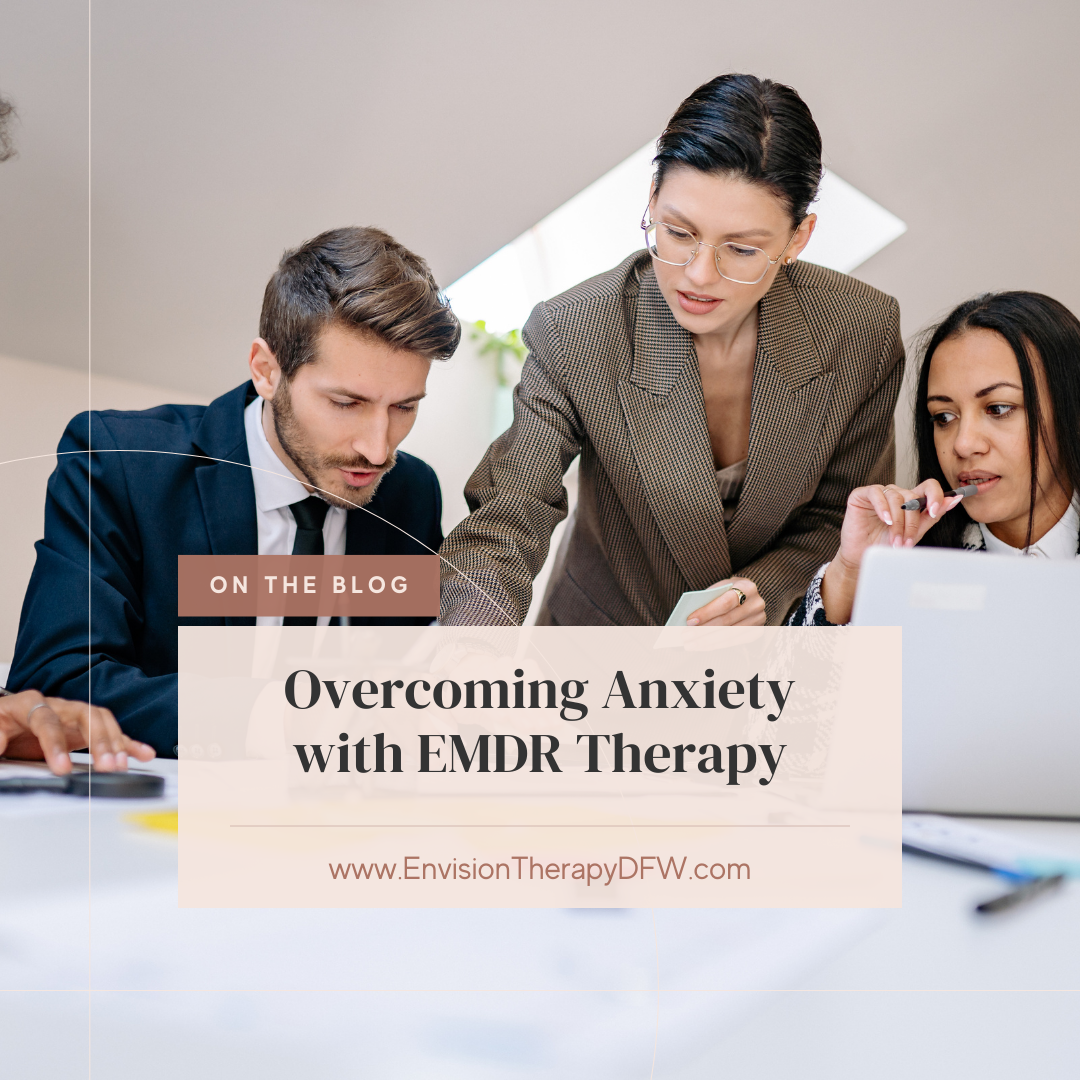-
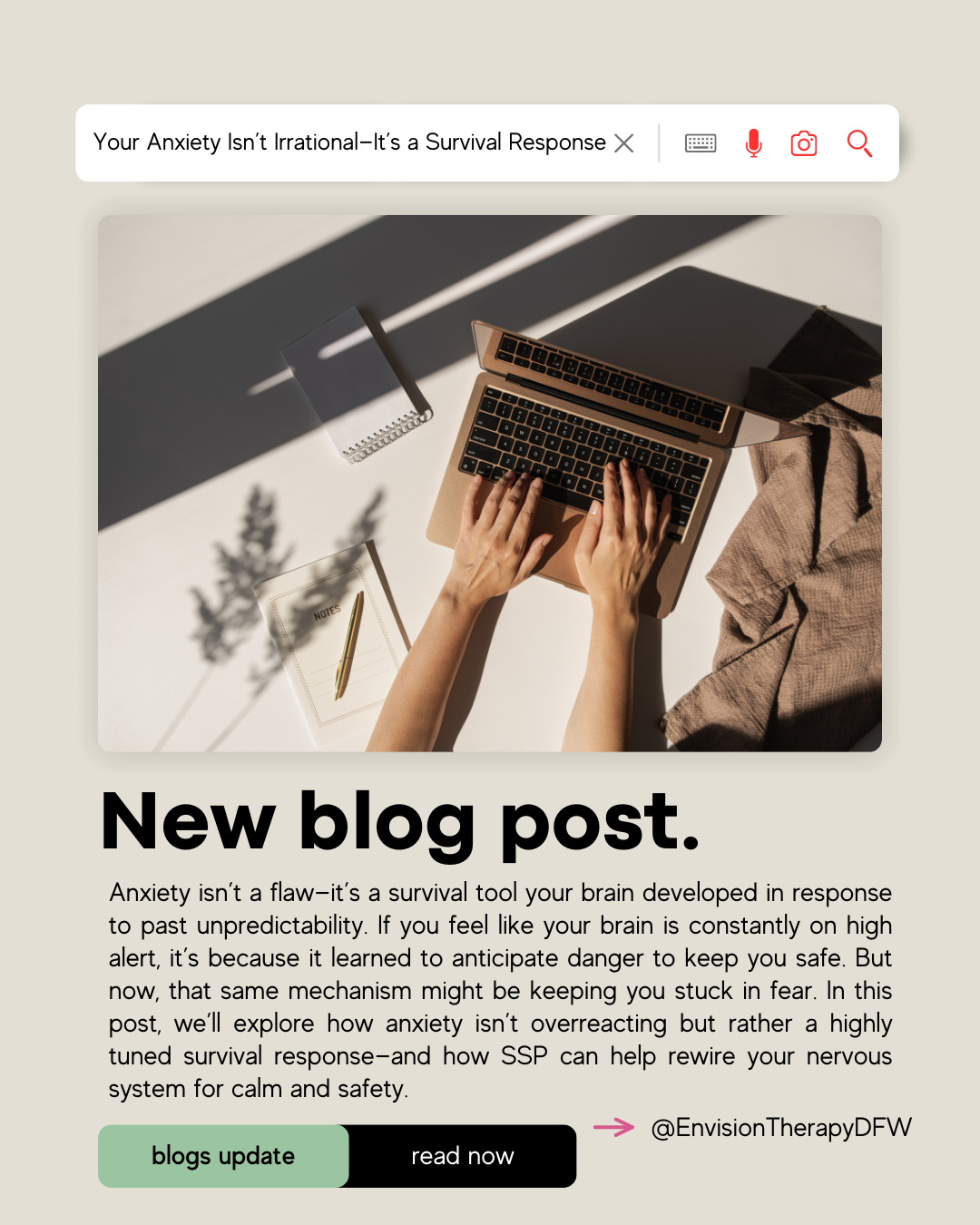
Your Anxiety Isn’t Irrational—It’s a Survival Response
•
Anxiety isn’t a flaw—it’s a survival tool your brain developed in response to past unpredictability. If you feel like your brain is constantly on high alert, it’s because it learned to anticipate danger to keep you safe. But now, that same mechanism might be keeping you stuck in fear. In this post, we’ll explore…
-
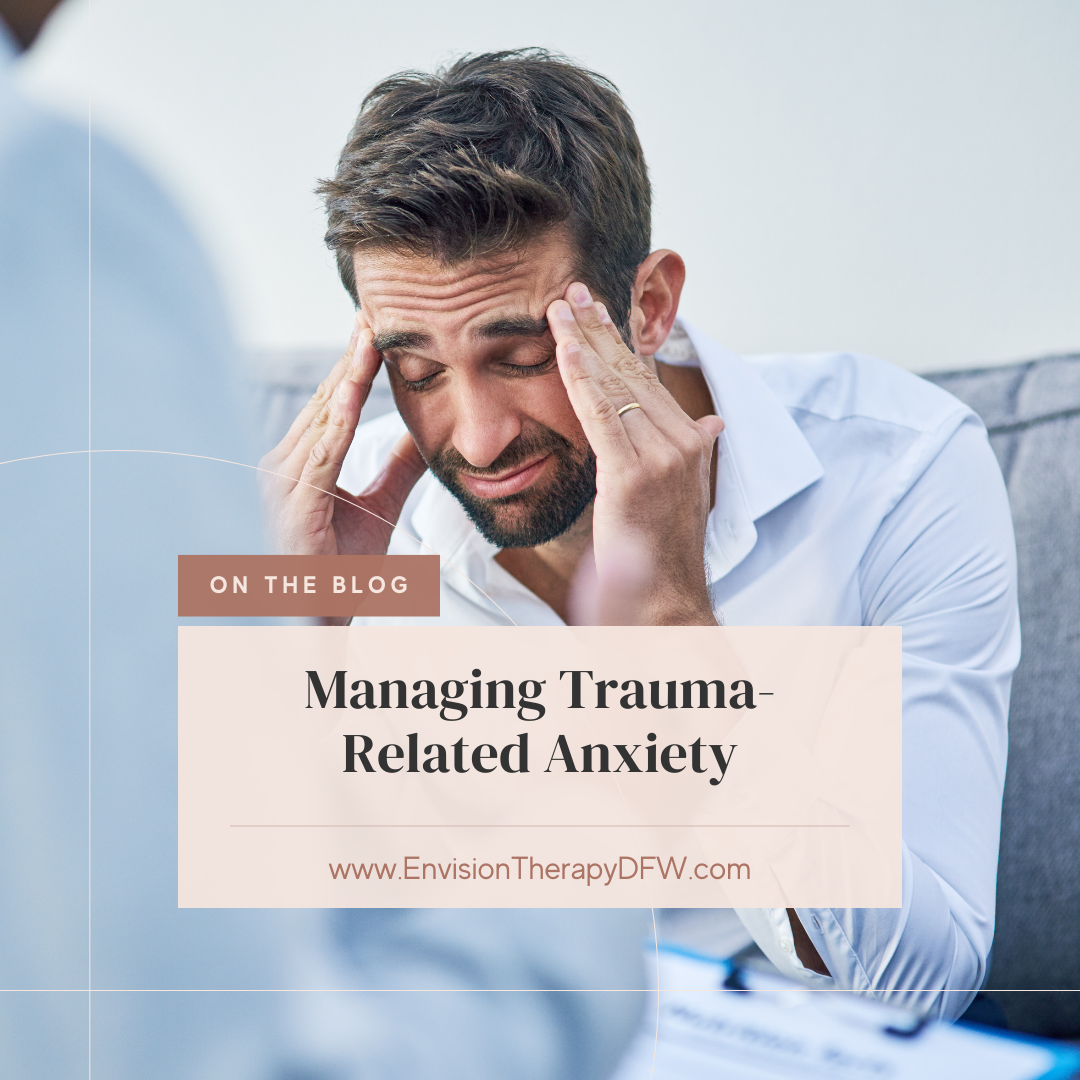
Managing Trauma-Related Anxiety
•
f you’re struggling with anxiety that stems from past trauma, this guide is designed for you. We explain trauma-related anxiety in clear, compassionate terms—showing how your brain’s natural stress response, rooted in past experiences, can keep you on high alert. You’ll learn practical strategies, such as grounding techniques, mindfulness practices, and cognitive tools, that…
-
Why Are Young Adults Moving Back Home? The Truth About Boomerang Kids and Extended Adolescence
•
The boomerang kid phenomenon is more common than ever, with nearly one in three young adults living at home. This trend isn’t a sign of failure — it reflects economic realities, mental health struggles, and shifting societal norms. Many parents feel conflicted when their child returns home, but this transition can be navigated successfully…
-
How Trauma Impacts Extended Adolescence: Understanding the Connection and How to Heal
•
Unresolved trauma can significantly impact a young adult’s ability to transition into independence. It can cause emotional dysregulation, fear of failure, and avoidance of responsibility, all of which contribute to extended adolescence. In this article, we explore the hidden link between trauma and delayed adulthood. For parents, it offers practical advice on how to…
-
How Parents Can Help Young Adults Transition to Independence Without Pushing Them Away
•
Struggling with a young adult who hasn’t hit traditional life milestones yet? You’re not alone. Extended adolescence is a growing trend where young people take longer to transition into adulthood due to financial barriers, mental health challenges, and fear of failure. This article offers practical tips for parents to help their child move toward…
-
Why Are Young Adults Taking Longer to Grow Up?
•
Why are young adults taking longer to grow up? It’s not about laziness — it’s about extended adolescence, a phase where young people delay traditional milestones like moving out, starting a career, or becoming financially independent. In this article, we’ll break down the three major reasons for extended adolescence: brain development, economic realities, and…
-
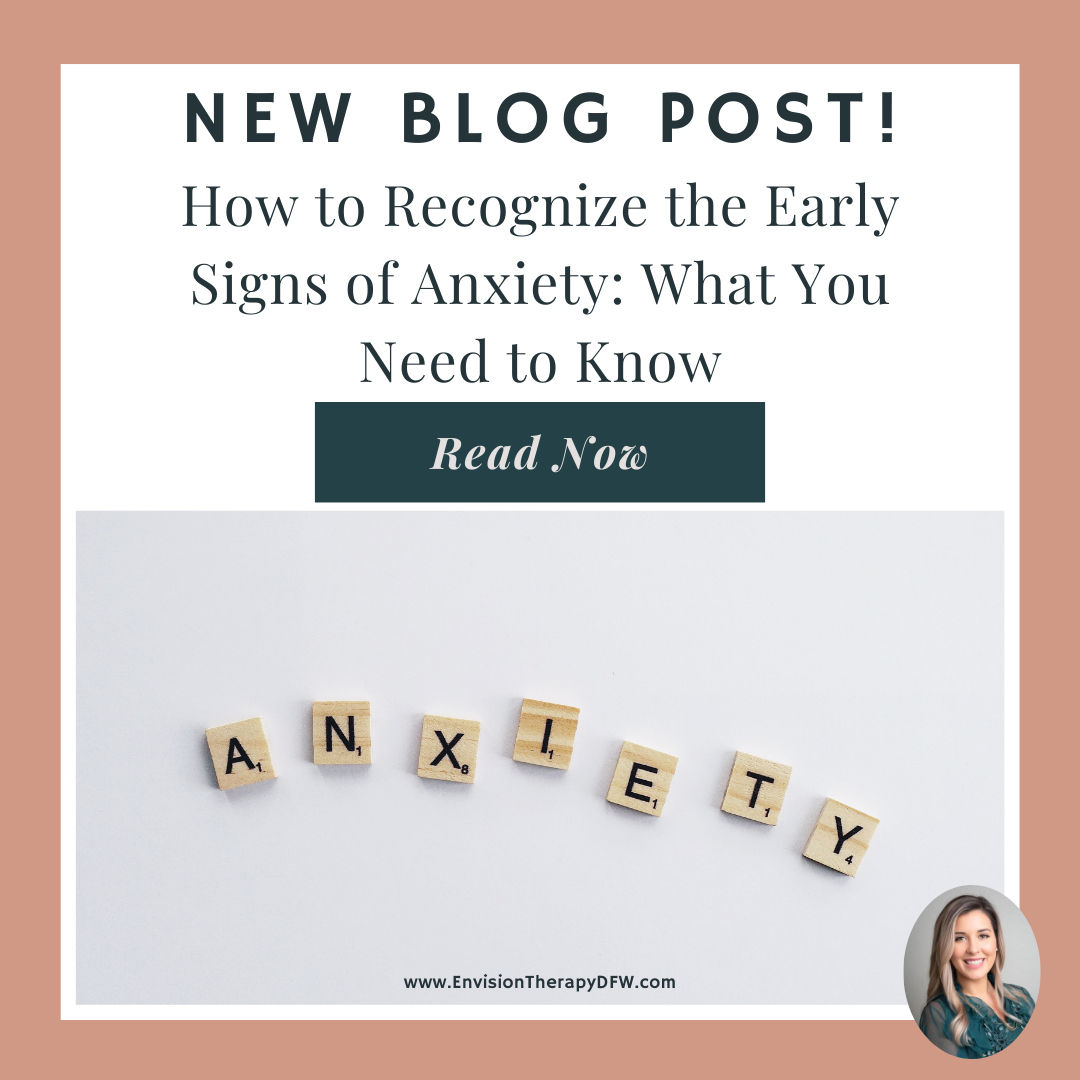
How to Recognize the Early Signs of Anxiety: What You Need to Know
•
Anxiety often begins quietly—subtle worries, restlessness, and irritability that many people mistake for stress or fatigue. But recognizing the early signs of anxiety is key to managing it before it escalates. This guide will help you identify common symptoms, such as persistent worry, restlessness, and sleep disturbances, and provide actionable steps to take control…
-

Adjusting to Routine: Shifting from the Freedom of Summer to the Structure of School Days
•
Adjusting from the freedom of summer to the structure of school days can be challenging, but with the right strategies, you can make this transition smoother for your child. Start the transition gradually, create a structured environment, incorporate breaks and downtime, and use creative strategies to engage your child. Tailor your approach to meet…

